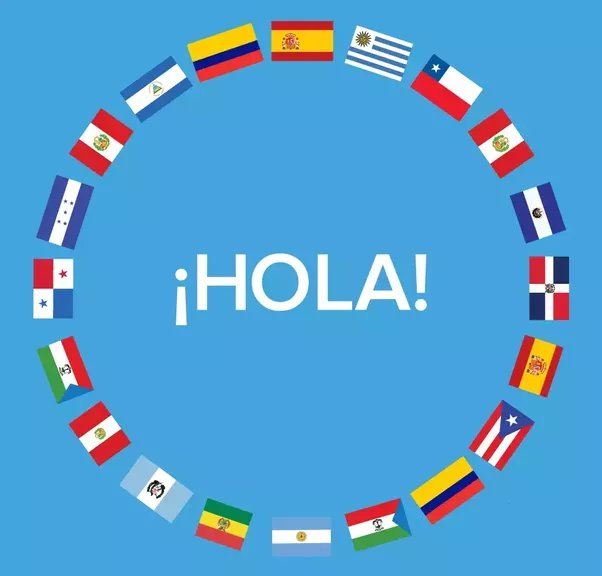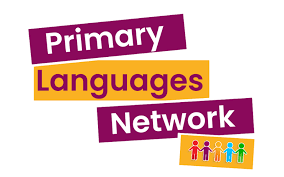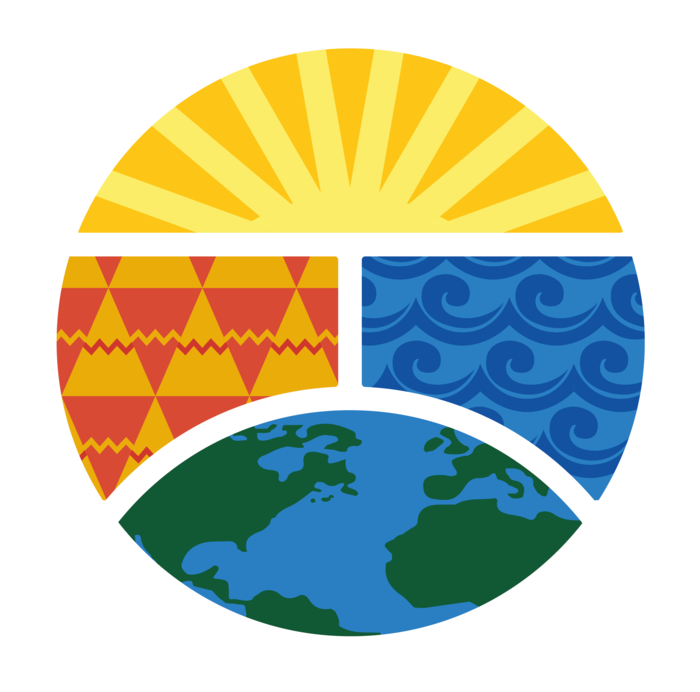MFL
Our vision: Learning together we will all be exceptional linguists!
¡Aprendiendo juntos todos seremos lingüistas excepcionales!

We have a rich diverse school community who collectively speak over thirty languages! At Sunnyhill, the main focus of MFL is to give pupils a well-rounded knowledge of the basics of our chosen language: Spanish. This choice was made due to our large Latin American community at school. In 2023, 11% of our children were identified as Spanish first language speakers and we provide opportunities for them to develop roles as language experts.
We want Sunnyhill pupils to:
-
develop a deeper understanding of other cultures and the world around them
-
speak Spanish with increasing confidence and fluency, finding ways of communicating what they want to say, including through discussion and asking questions, whilst continually improving the accuracy of their pronunciation and intonation.
-
understand and respond to spoken and written language from a variety of authentic sources
-
write at varying lengths, for different purposes and audiences, using the variety of grammatical structures they have learnt.
-
discover and develop an appreciation of a wide range of writing in the languages studied.
-
feel encouraged to continue studying languages beyond key stage 2
How Mfl is taught at Sunnyhill
In EYFS and key stage one, teachers are encouraged to teach ‘incidental Spanish’ through using key vocabulary in everyday experiences and through songs introduced in class. We aim to expose the children to the disciplines of language learning as ‘language detectives’. This is to ensure that the pupils have a familiarity with the language before they reach Key Stage 2.
In Key Stage 2 we use the ‘Primary Languages Network’ scheme of work and resources which develops pupils' language skills through well-planned weekly lessons. The pupils build on prior knowledge as their Spanish lessons revise and consolidate previously learnt language whilst building on all four language skills (listening, speaking, reading and writing).

|
EYFS |
Begin to develop an awareness of listening to and replicating the sounds of a new language. Join in with songs and games. Begin to investigate and appreciate similarities and differences of other cultures and their celebrations. |
|||||
|
YEAR 1 |
Begin to talk about themselves using words and simple sentences. Listen to, join in with and appreciate rhymes, songs and games. Begin to explore nouns and phrases. |
|||||
|
YEAR 2 |
Begin to understand questions and respond with confidence. Explore celebrations and start to make comparisons. Follow and join in with stories, songs and games. |
|||||
|
YEAR 3 (Stage 1) |
Explore core language, personal information and basic conversation (introduce 1st and 2nd person singular questions and answers). Recognise and use nouns in singular and plural forms. Understand noun gender. Know there is more than one word for ‘a’. Express simple opinions. Retrieval of familiar core language content. Appreciate, follow and understand simple stories, linked to language learnt. Introduction to the geography and culture of the target language country. Hear and identify phonemes and recognise graphemes. |
|||||
|
YEAR 4 (Stage 2) |
Retrieval of core language content. Develop how to use singular and plural nouns with adjectives to describe. Understand noun gender. Know there is more than one word for ‘a’ and ‘the’. Read, understand, follow, and use commands. Express simple opinions. Produce simple descriptive sentences. Participate in simple dialogues. Practise 1st and 2nd person singular questions and answers. Hear and identify phonemes and recognise and read aloud graphemes. |
|||||
|
YEAR 5 (Stage 3) |
Continue to develop and extend skills in language retrieval. Produce familiar personal information sentences in 1st and 3rd person singular. Begin to explore the conjugation of a regular present tense verb (to wear). Create spoken and written extended sentences including conjunctions and giving an opinion. Engage in extended role play dialogues. Say and write detailed description including a verb, nouns and a variety of adjectives. Begin to consolidate understanding of how to use nouns in a simple sentence with adjectives. Use modal verb (to be able to) plus infinitive to create persuasive sentences, including a variety of sentence starters. Recognise, use and apply familiar phonemes and graphemes confidently. |
|||||
|
YEAR 6 (Stage 4) |
Retrieval of core language content. Create complex sentences including conjunctions. Explore and use common present tense verbs (to be, to have, to play). Write descriptions including verb, nouns and variety of adjectives. Secure understanding of how to use nouns in a simple sentence with adjectives. Use language structures they know to create their own adapted sentences. Use knowledge of language to create performances. Explore and appreciate the origins of another country’s culture. Recognise, use, and apply familiar/unfamiliar phonemes and graphemes confidently. |
|||||
